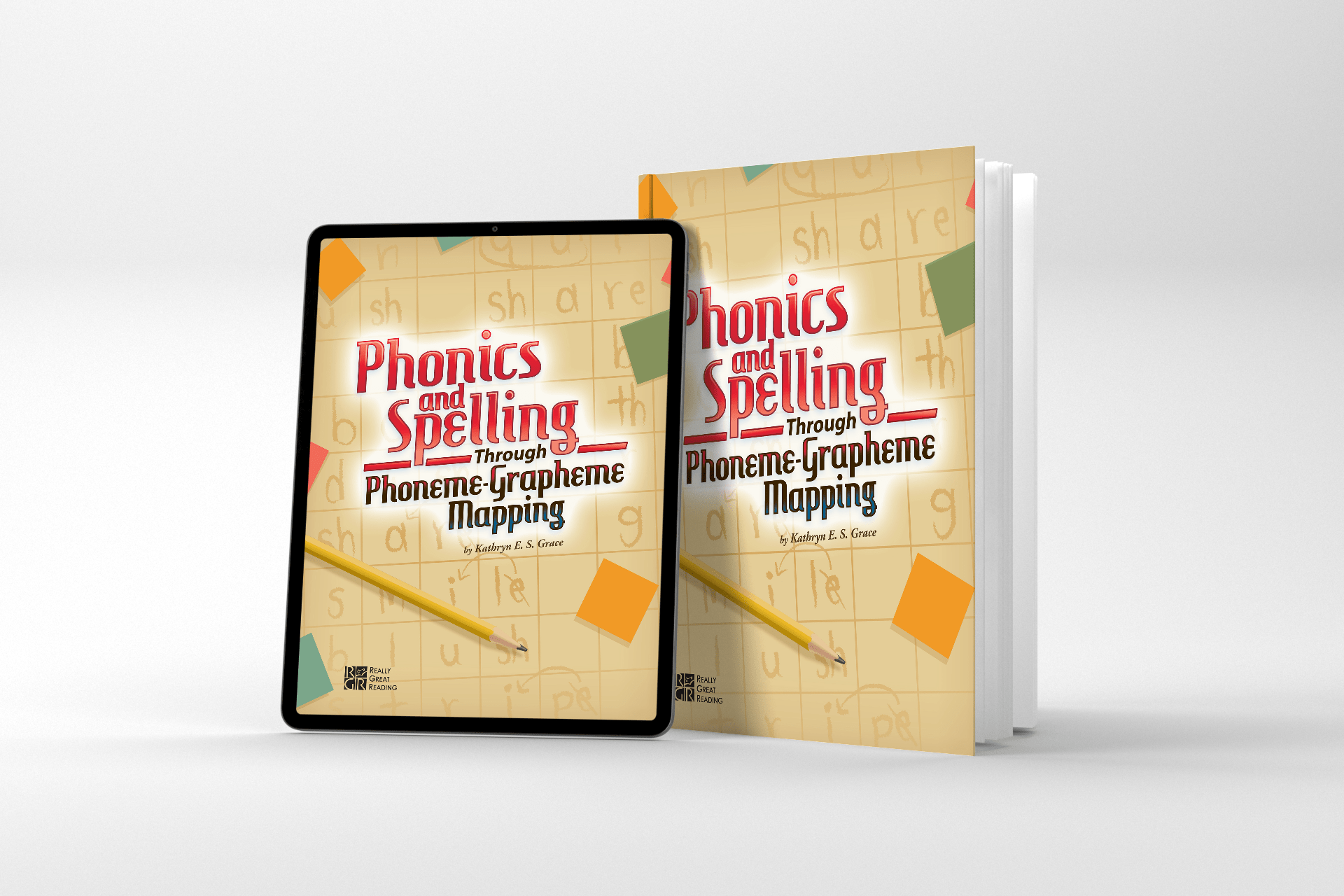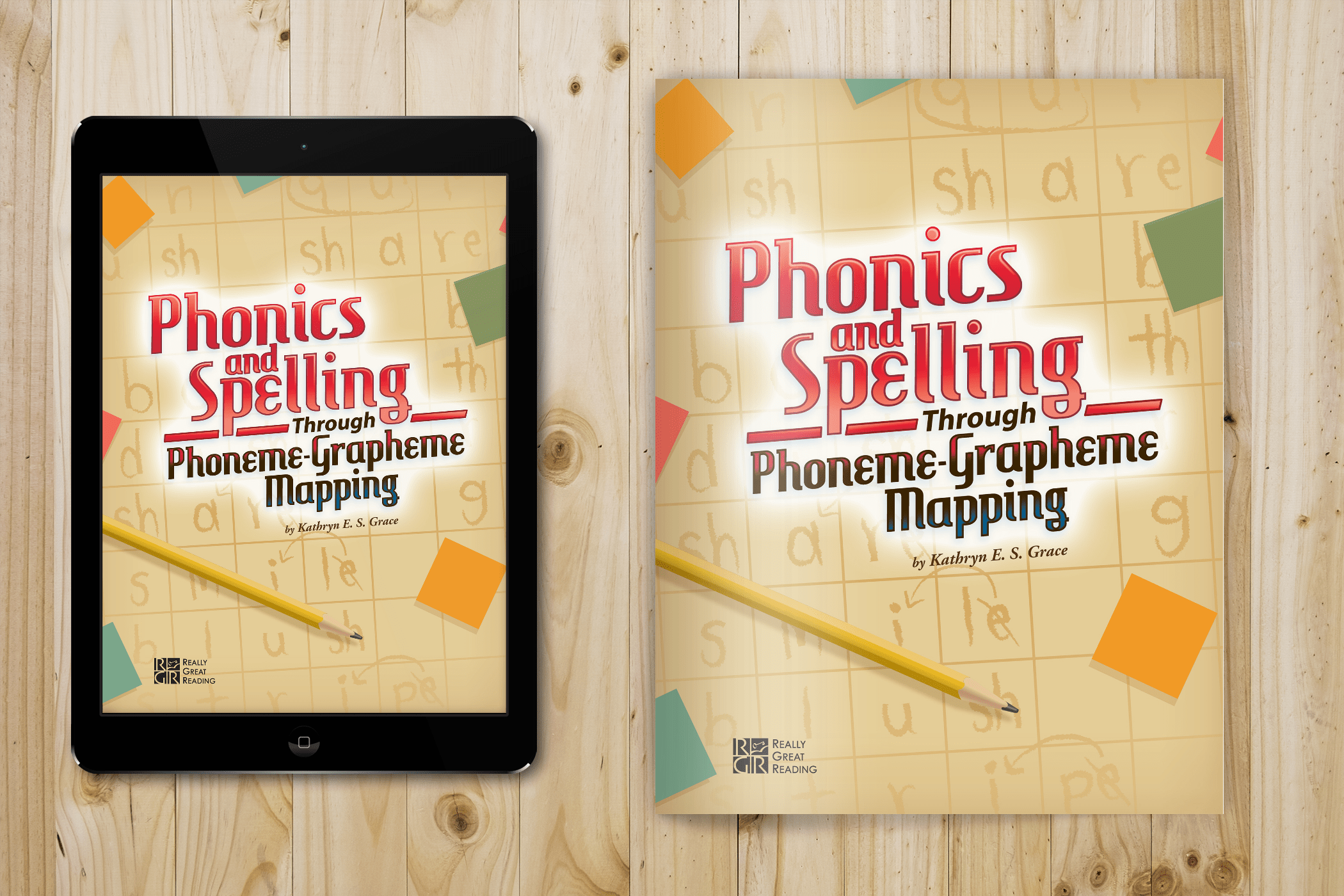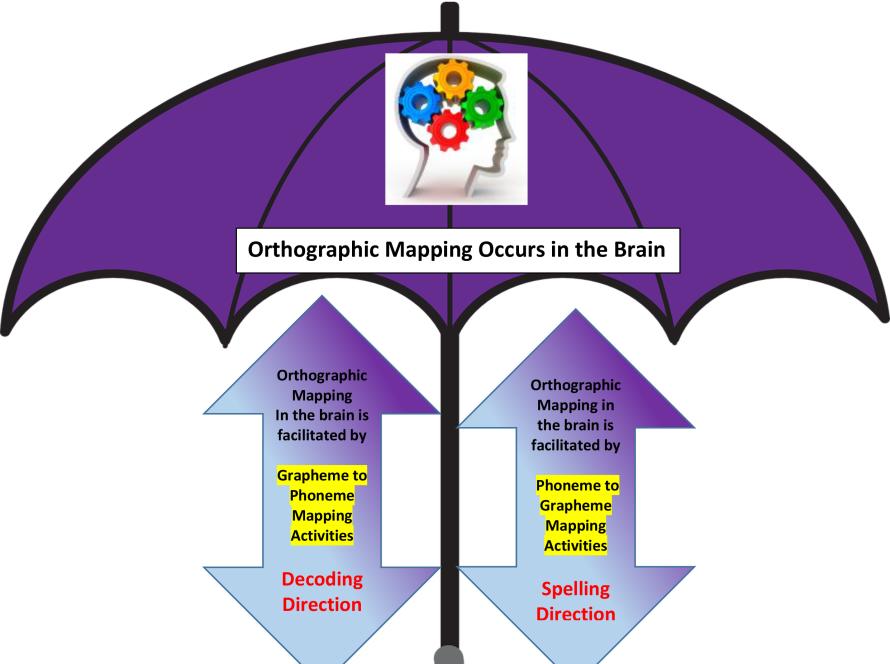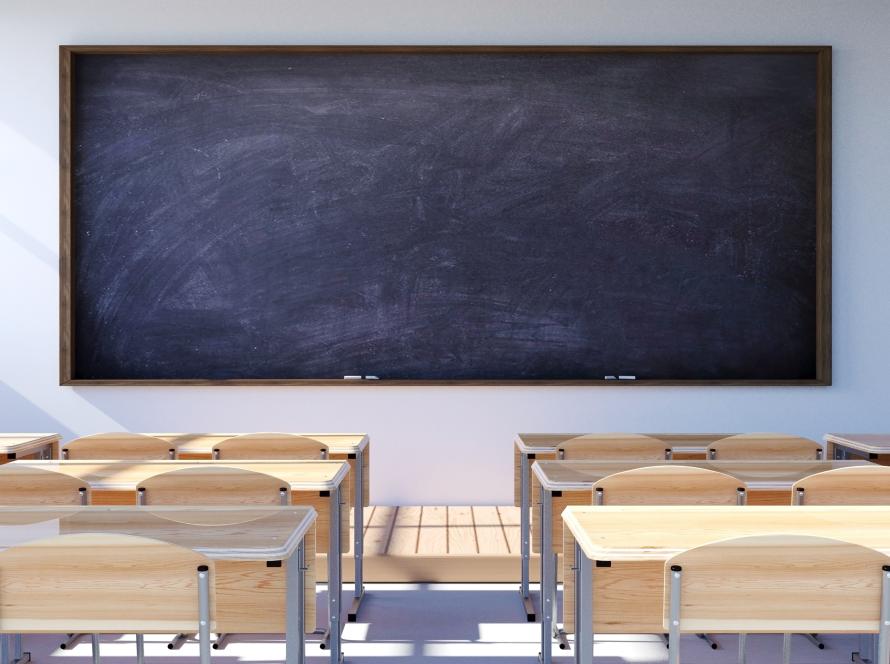I created Phoneme-Grapheme Mapping in 1983 to help students (and teachers) understand the reality that the number of sounds (phonemes) they hear in a word may be different from the number of letters that represent those sounds. This procedure employs a variety of mapping methods to illustrate the complex, yet predictable, phoneme grapheme relationships in our written language. By mapping sounds to print, students acquire a metacognitive approach to decoding, spelling and reading skills.

In 1996, Phonics and Spelling through Phoneme-Grapheme Mapping was published by Sopris West – the same company that publishes the widely popular LETRS program. The sequential, systematic and explicit lessons in Phonics and Spelling through Phoneme-Grapheme Mapping are a direct outcome of my 40+ years of teaching young students to read.
The sequential, systematic and explicit lessons in Phonics and Spelling through Phoneme-Grapheme Mapping are a direct outcome of my experience teaching young students and incorporating of best practice based on empirical research.
- Phoneme-Grapheme Mapping strengthens phonemic awareness while simultaneously building an association of sounds to the spellings of words.
- Its multisensory elements help to bridge the brain’s phonological and orthographic processors to strengthen learning and recall.
- Phoneme Grapheme Mapping supports the development of automaticity and fluency with reading and spelling for all ages in one-on-one tutoring and in small group and whole-group settings.
- Phoneme Grapheme Mapping provides the one-to-one correspondence easily grasped and familiar to young students as a math concept but lacking in sound to spelling relationships.
Resources
ASCD. Enter the ASCD Web at http://www.ascd.org for more information on education policy issues.
Call the ASCD Service Center at 1-800-933-2733 for information on ASCD resources on reading and language arts.
The Fall 1995 ASCD Curriculum Update, “Whole Language: Finding the Surest Way to Literacy,” can also be ordered through the ASCD Service Center at 1-800-933-2723.
America Reads Challenge. U.S. Department of Education, 600 Independence Avenue, SW, Washington, DC 20202, Phone: 1-800-USA-LEARN, http://www.ed.gov/inits/americareads/
International Reading Association (IRA). 800 Barksdale Road, P.O. Box 8139, Newark, DE 19714-8139, Phone: 302-731-1600, http://www.reading.org/
National Council of Teachers of English (NCTE). 1111 W. Kenyon Road, Urbana, IL 61801-1096, Phone: 217-328-3870, http://www.ncte.org/
National Institute of Child Health and Human Development (NICHD). National Institutes of Health (NIH), 31 Center Drive, MSC 2425, Building 31/2A32, Bethesda, MD 20892-2425, Phone: 301-496-5133, http://www.nih.gov/nichd/
Whole Language Umbrella. Faculty of Education, Ross Building, York University, 4700 Keele Street, North York, Ontario, M3J 1P3, Canada, Phone: 416-650-8059, http://www.edu.yorku.ca/~WLU/home.html





